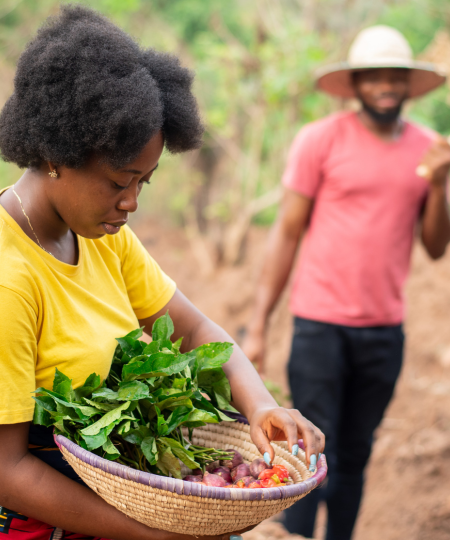Sustainable Agriculture: Harnessing Technology for Environmental and Economic Benefits

In recent years, sustainable agriculture has emerged as a critical component of addressing global food security and environmental challenges. As the world’s population continues to grow, there is an increasing need to produce more food while minimizing the negative impacts on the environment. Fortunately, advancements in technology have opened up new possibilities for sustainable agriculture, allowing farmers to enhance productivity, reduce waste, and preserve natural resources. In this comprehensive guide, we’ll explore how technology is revolutionizing sustainable agriculture and driving both environmental and economic benefits.
The Importance of Sustainable Agriculture
Sustainable agriculture aims to meet the needs of the present without compromising the ability of future generations to meet their own needs. It involves practices that promote soil health, conserve water, reduce greenhouse gas emissions, and protect biodiversity. By adopting sustainable agriculture methods, farmers can mitigate the effects of climate change, improve ecosystem health, and ensure the long-term viability of food production systems.
Harnessing Technology for Sustainable Agriculture
Technology plays a crucial role in advancing sustainable agriculture by providing farmers with innovative tools and solutions to address complex challenges. One of the key technologies driving sustainable agriculture is precision agriculture. Precision agriculture utilizes sensors, drones, GPS technology, and data analytics to optimize inputs such as water, fertilizers, and pesticides, resulting in improved resource efficiency and reduced environmental impact.


Precision Farming Techniques
Precision farming techniques, such as variable rate application and soil mapping, enable farmers to apply inputs more precisely, matching them to the specific needs of each area of the field. This not only reduces waste but also minimizes the risk of over-application, which can lead to soil degradation and water pollution. By adopting precision farming techniques, farmers can achieve higher yields while using fewer resources, resulting in increased profitability and environmental sustainability.

Digital Agricultural Platforms
Digital agriculture platforms are another powerful tool for promoting sustainable agriculture. These platforms leverage data analytics, artificial intelligence, and machine learning to provide farmers with valuable insights into crop health, pest infestations, weather patterns, and market trends. By harnessing this data, farmers can make more informed decisions, optimize their production practices, and mitigate risks, ultimately improving both environmental and economic outcomes.
Climate-Smart Agriculture Practices
Climate-smart agriculture practices, such as conservation tillage, cover cropping, and agroforestry, are also gaining traction as effective strategies for mitigating climate change and building resilience to its impacts. These practices not only sequester carbon dioxide from the atmosphere but also enhance soil health, water retention, and biodiversity. By integrating climate-smart agriculture practices into their operations, farmers can improve the sustainability of their farming systems while also enhancing their ability to adapt to changing environmental conditions.
The Role of Sustainable Agriculture in Food Security
Sustainable agriculture is not only beneficial for the environment and farmers but also plays a crucial role in ensuring food security for the growing global population. By adopting sustainable practices, farmers can increase their resilience to climate change, reduce dependence on external inputs, and improve the nutritional quality of their crops. This, in turn, helps to ensure a more stable and secure food supply for communities around the world.
In conclusion, sustainable agriculture holds immense potential for addressing the dual challenges of feeding a growing population while protecting the planet. By harnessing technology and adopting innovative practices, farmers can improve productivity, profitability, and environmental sustainability. From precision farming techniques to digital agriculture platforms and climate-smart agriculture practices, there are numerous opportunities to leverage technology for the benefit of both farmers and the planet. By embracing sustainable agriculture, we can build a more resilient and equitable food system that meets the needs of present and future generations.





